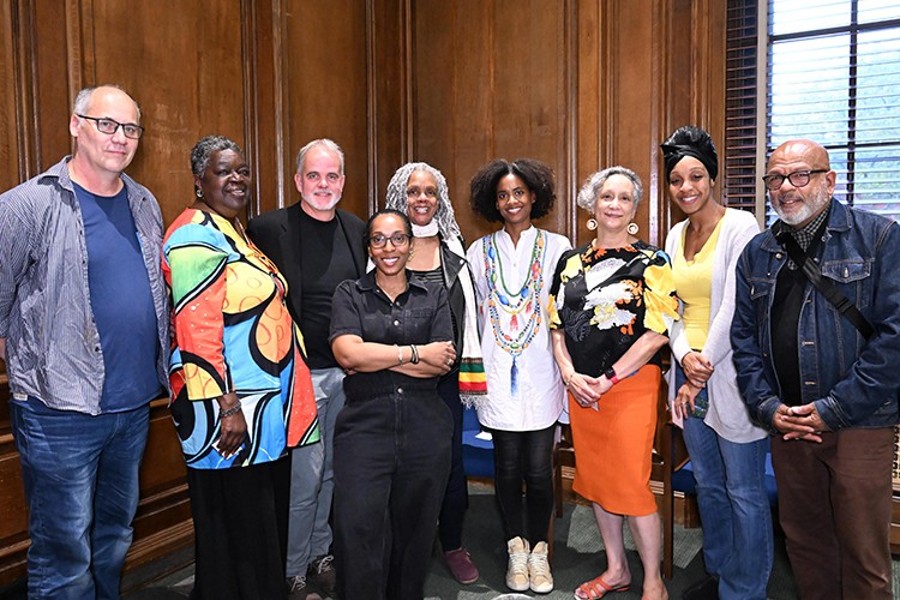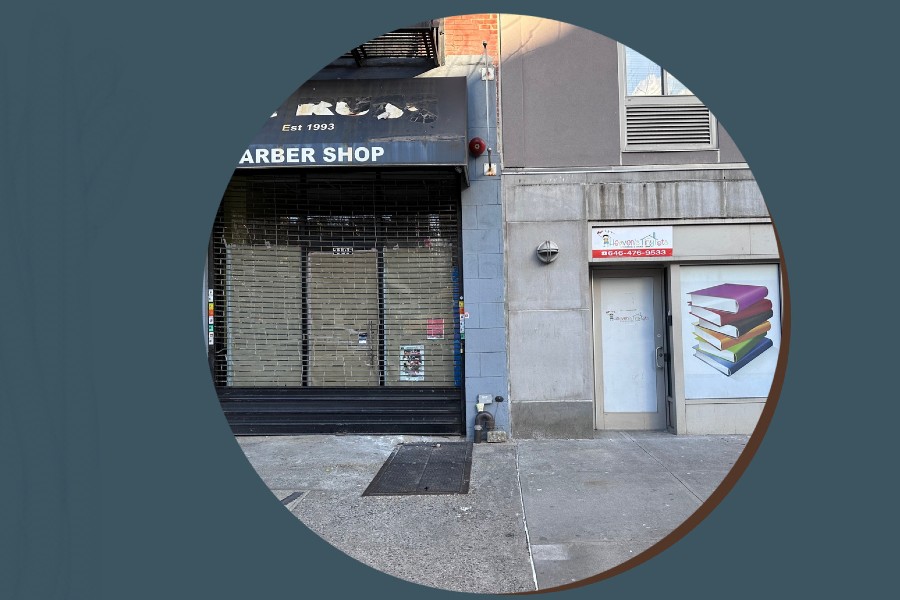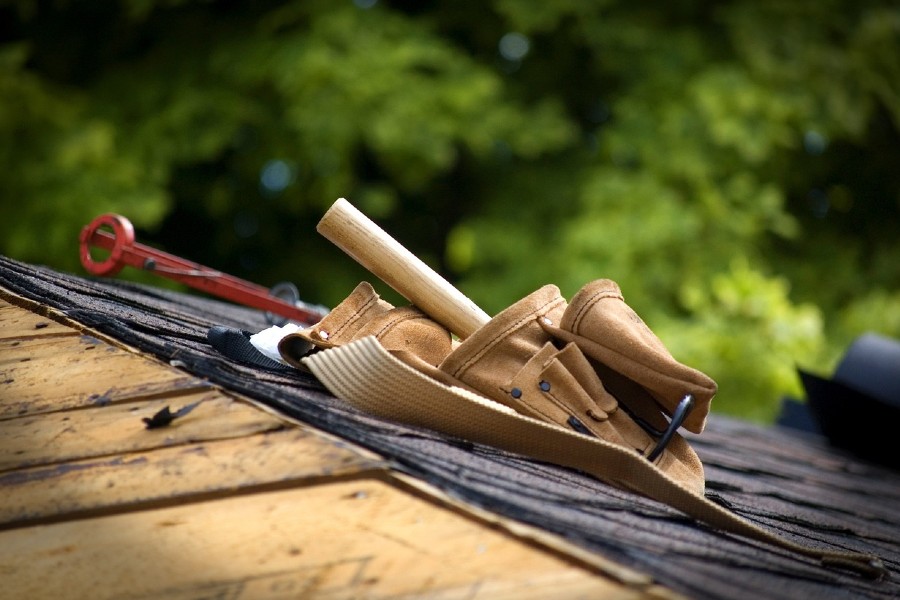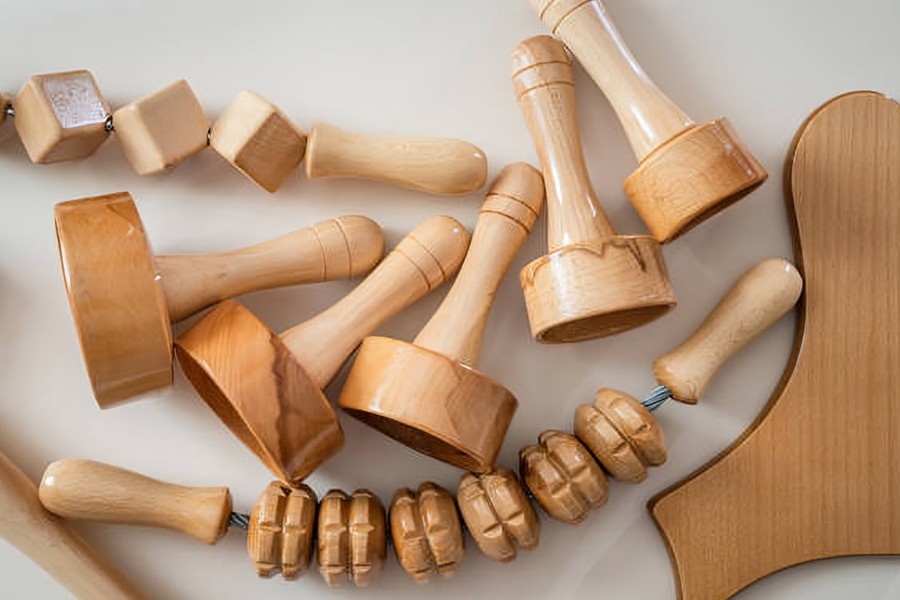 Each year, hundreds of New Yorkers from Harlem to Hollis are injured or killed by exposure to cold, vehicle accidents on wintry roads, and fires caused by the improper use of heaters. Learn what to do to keep your loved ones safe during blizzards and other winter storms!
Each year, hundreds of New Yorkers from Harlem to Hollis are injured or killed by exposure to cold, vehicle accidents on wintry roads, and fires caused by the improper use of heaters. Learn what to do to keep your loved ones safe during blizzards and other winter storms!
Home Heating Safety
Heating fires are the second leading cause of home fires.
- Keep all potential sources of fuel like paper, clothing, bedding or rugs at least three feet away from space heaters, stoves, or fireplaces.
- Portable heaters and fireplaces should never be left unattended. Turn off space heaters and make sure any embers in the fireplace are extinguished before going to bed or leaving home.
- If you must use a space heater, place it on a level, hard and nonflammable surface (such as ceramic tile floor), not on rugs or carpets or near bedding or drapes. Keep children and pets away fro m space heaters.
- Never use a cooking range or oven to heat your home.
- It is critical that households have working smoke alarms.
Cold Weather/Winter Storm Safety
- Listen to a NOAA Weather Radio or other local news channels for critical information on snow storms and blizzards from the National Weather Service (NWS).
- Avoid driving when conditions include sleet, freezing rain, snow or dense fog.
- If travel is necessary, make sure you have a disaster supplies kit in your vehicle which includes: shovel, blanket, flashlight, water, snacks, first aid kit, extra batteries, sack of sand or cat litter.
- Keep the gas tank full. A full tank will keep the fuel line from freezing.
- Before tackling strenuous tasks in cold temperatures, consider your physical condition, the weather factors and the nature of the task.
- When shoveling snow, take frequent breaks to avoid risk of injury or cardiac arrest.
- Protect yourself from frostbite and hypothermia by wearing warm, loose-fitting, lightweight clothing in several layers. Stay indoors, if possible.
- Bring pets inside during winter weather.
- Make sure coats, gloves or mittens, hats, boots and warm clothing are available for all household members, along with extra blankets.
- Eat regular meals and stay hydrated, but avoid caffeinated or alcoholic beverages.
Power Outage If the power goes out, people should:
- Use flashlights for light, not candles.
- Keep the refrigerator and freezer doors closed as much as possible. Check refrigerated food for spoilage and if in doubt, throw it out. Your refrigerator will keep cold for about 4 hours. If the freezer is full, it will keep its temperature for about 48 hours.
- Have coolers on hand and surround your food with ice in the cooler or refrigerator to keep food cold for a longer period of time. Keep the refrigerator and freezer doors closed as much as possible.
- Turn off and unplug all unnecessary electrical equipment and any appliances, equipment or electronics to avoid damaging them when the power is restored.
- Avoid unnecessary travel as traffic lights will be out and roads congested.
- Watch animals and keep them under your direct control.
Using A Generator If someone is planning to use a generator, never use it indoors, including in a garage, carport, basement, crawlspace or other area, even with ventilation. Generators put off carbon monoxide fumes, which can be deadly.
Additional emergency preparedness information and resources can be found at www.redcross.org/prepare or by downloading the Red Cross Emergency App.
Become a Harlem Insider!
By submitting this form, you are consenting to receive marketing emails from: Harlem World Magazine, 2521 1/2 west 42nd street, Los Angeles, CA, 90008, https://www.harlemworldmagazine.com. You can revoke your consent to receive emails at any time by using the SafeUnsubscribe® link, found at the bottom of every email. Emails are serviced by Constant Contact








